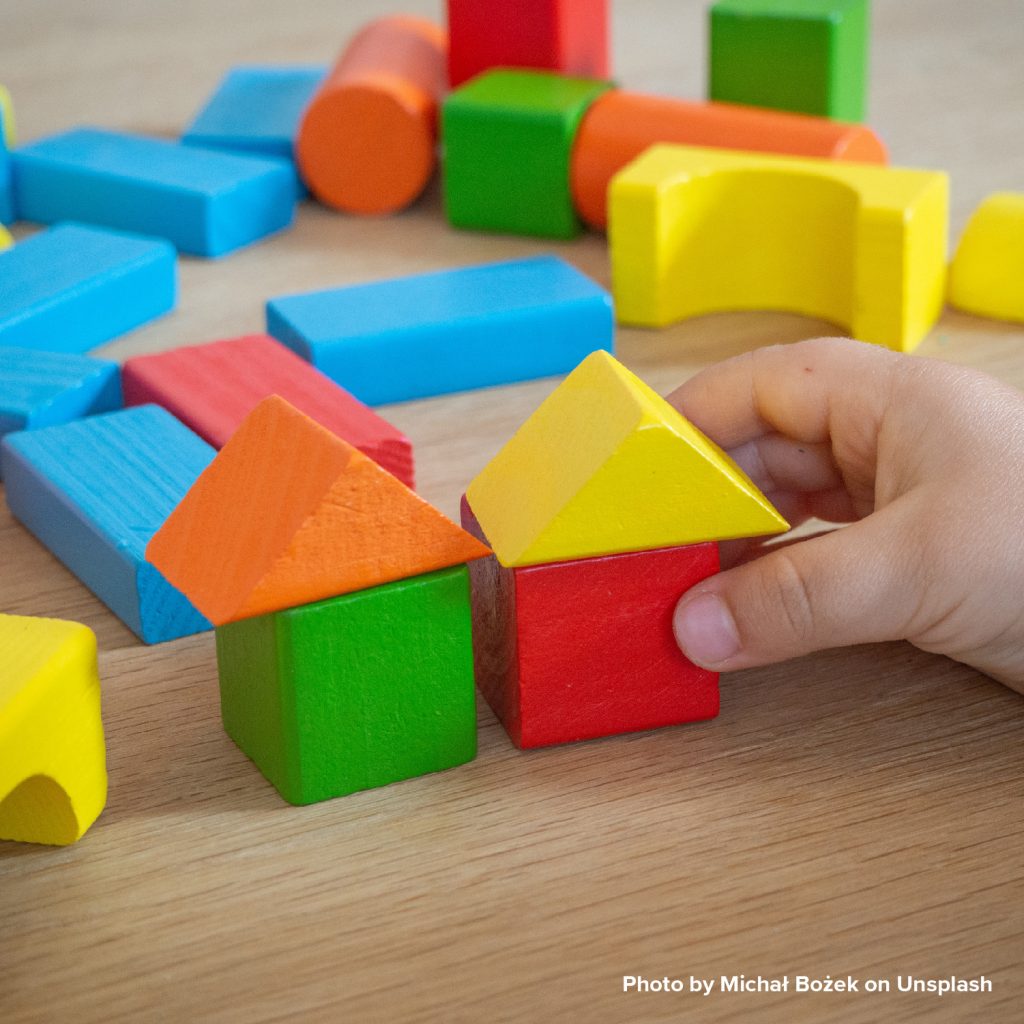The Magic of Play: Why Imagination is Crucial for a Child’s Development.

What better time to discuss the importance of imagination in a child’s development than a month in which our center’s theme is “Once Upon a Time…” As children grow and develop, they rely heavily on their imagination to make sense of the world around them. Imagination and whimsy are essential for a child’s development, allowing them to explore, learn, and make sense of their experiences. This blog post will discuss the importance of whimsy and imagination for a child’s development.
First and foremost, imagination and whimsy foster creativity. As children play and imagine, they develop a sense of wonder and creativity that can carry over into all aspects of their lives. They learn to think outside the box and develop innovative solutions to problems. This creativity is an essential skill that will serve them well throughout their lives, whether they choose to pursue a creative career or not.
Imagination and whimsy also help children develop their social skills. As they play with others and create imaginary worlds, they learn to communicate effectively and work together to achieve common goals. They also learn empathy and understanding as they explore different perspectives and ways of thinking. These social skills are vital for building healthy relationships and interacting with others in all aspects of their lives.
Furthermore, imagination and whimsy help children develop their cognitive abilities. When children imagine, they create mental images and scenarios requiring them to think critically and use problem-solving skills. This process helps develop their brains and improves their memory, attention span, and overall cognitive abilities. It also helps them become more curious and inquisitive, leading to a lifelong love of learning.
In addition to cognitive benefits, imagination, and whimsy can also have positive emotional effects on children. As they imagine, children often experience a sense of joy and wonder that can improve their mood and overall well-being. They can escape from their worries and stress and find solace in their imaginary worlds. This emotional connection to imagination and whimsy can help children develop healthy coping mechanisms and resilience in the face of adversity.
Finally, imagination and whimsy help children develop their sense of self. As they imagine, children explore their own identities and develop a sense of who they are and what they value. This exploration can help them build self-confidence and self-esteem, which are essential for healthy emotional development. It can also help them develop a sense of purpose and direction in life, which can guide them as they grow and mature.
Imagination and whimsy are essential for a child’s development. They foster creativity, social skills, cognitive abilities, emotional well-being, and a sense of self. Parents and caregivers can encourage imagination and whimsy by allowing children to play, explore, and imagine. This can be as simple as reading them a story, playing a game, or encouraging them to create their own imaginary worlds. By nurturing a child’s imagination and sense of wonder, we can help them develop into happy, healthy, well-rounded adults.